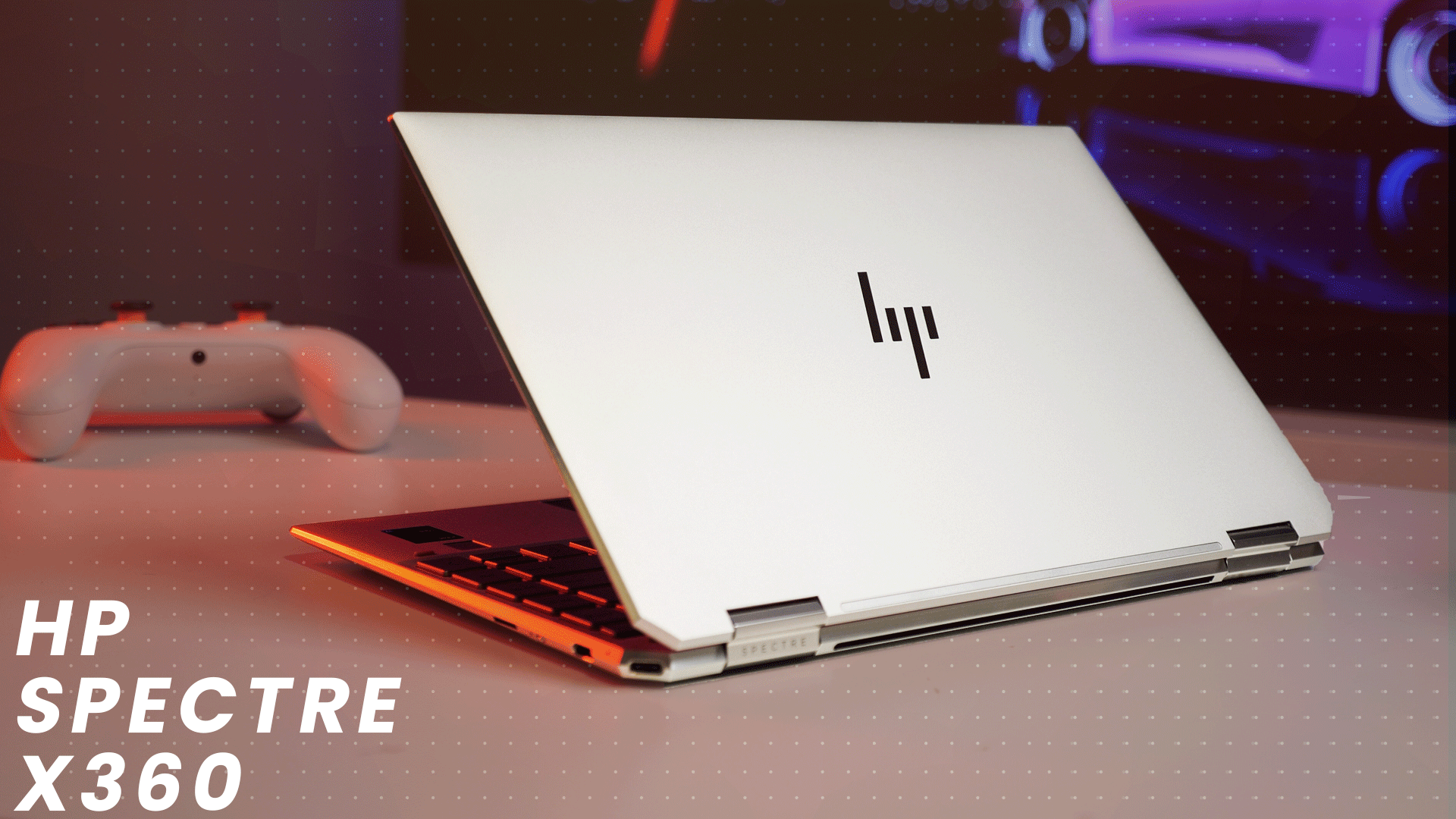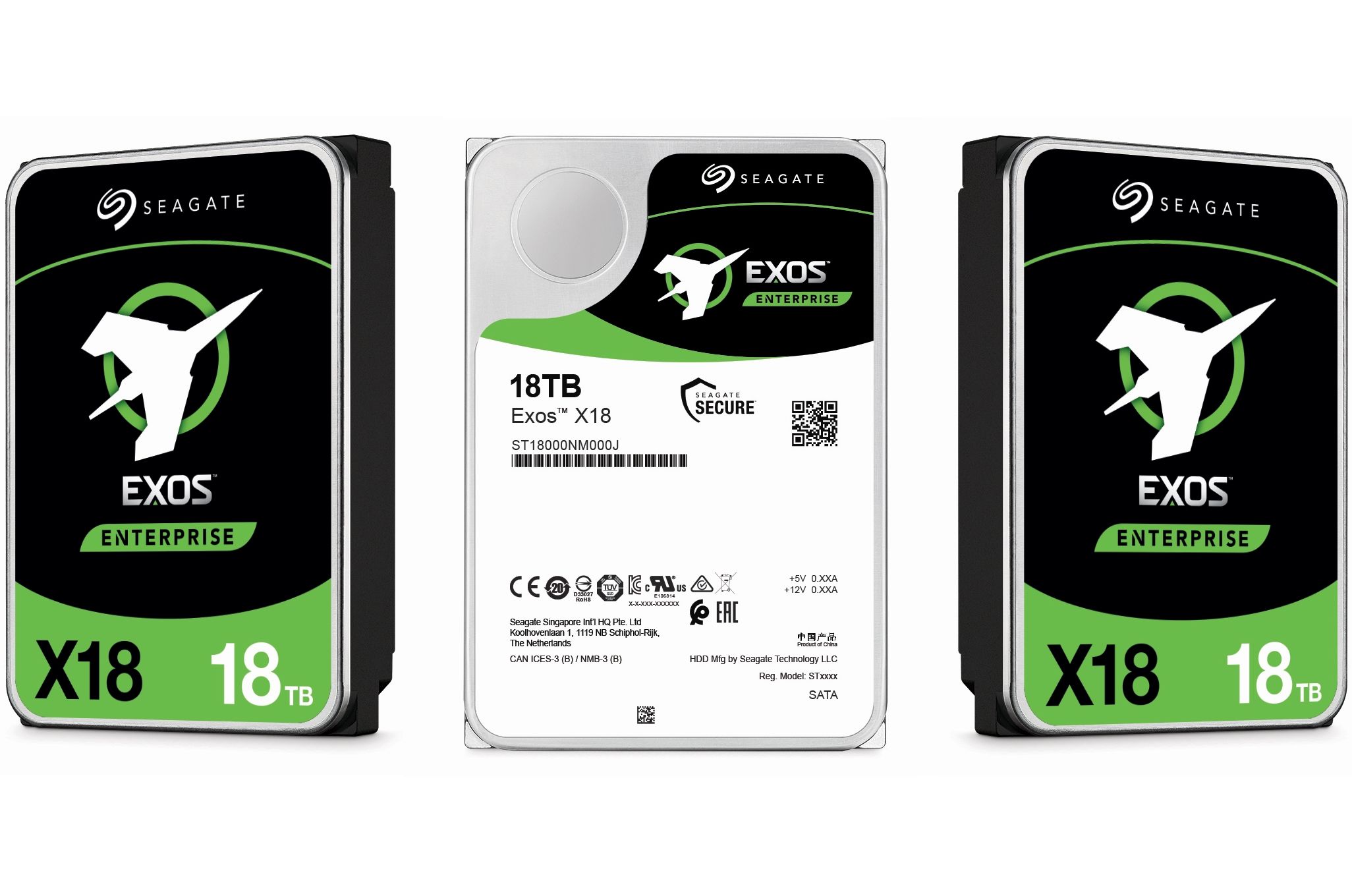Let us start with the two large elephants in the room. The Silicon Power PC60 is not going to appeal to those with a need for speed. It is using a SATA SSD as its foundation. It is using a half-length, 2.5-inch DRAM-LESS SATA SSD for its foundation. It is using a half-length, 2.5-inch DRAM-LESS SATA SSD with only a single 8 Terabit NAND IC for its foundation. The single NAND IC is going to run hotter than four 2Gbit NAND ICs. The DRAM-Less controller is going to hobble small file transfer speeds. The SATA to USB interface is going to hobble large file transfer speeds. USB Type-C 3.2 gen 2 (aka OG USB 3.1) interface or not.
For power users that pretty much is the epitome of ‘three strikes and you are out’. From our perspective… this issue really does not matter all that much. For the average user, the ones the PC60 is designed for, small file transfers are not going to be in the multi-Gigabyte at a time range. 540MB/s is going to be plenty fast for day to day ‘sneaker net’ tasks. So while we would never recommend it for power users, it really is a decent option for average users.
The other large and angrier elephant in the room is the chassis the PC60 uses. This is an all plastic model. There is no drop protection worth talking about. There is no IP water and/or dust protection. If a child’s tricycle runs it over it is toast. If you drop in a toilet bowl it is toast. If you drop it hard enough / high enough it is going to go splat. So those looking for Fort Knox levels of protection that too is pretty much the epitome of ‘three strikes and you are out’.
This second issue is a bit more serious as we like robust devices. We like knowing that if we drop our ‘big bag of holding’ when doing call outs that our storage device is going to shrug it off. On the other hand not everyone wants, needs… or even desires carrying around a small bank vault just to protect their data. Yes, knowing that a car could run over your drive and it would shrug it off is nice but there are numerous downsides to such devices. The biggest two of which is weight and price.
At a mere 46 grams (1.63 oz) we own USB ‘thumb drive’ flash drives that weigh more. Yes, at 80x80mm it is bigger than a flash drive but you can stick this in your pocket (just not a back pocket) and forget you even have it. It is even light enough that the lanyard actually makes sense… and we probably would stick it on our key-ring (assuming we do not mock up a CAD design and fire it off to a CNC VMC that is). That is impressive.
The fact it only costs $110 for “1TB” worth of storage is also going to make people sit up and take notice. Yes, there are cheaper options. Yes, there are more durable options. Yes, there are even faster options… but this combination is rather decent to say the least. So while not perfect, and has major room for improvement, the PC60 really is a decent little drive. It really does fall into that sweet spot we call ‘good enough’. Put another way this inexpensive drive is pretty much the epitome of ‘jack of all trades, master of none’. So if you want an external storage solution that will not break the bank we suggest taking a close look at the PC60 series. As long as you understand, and can live with, the compromises the PC60 design team made it may be a viable alternative. For everyone else, the slight increase in asking price from the myriad of alternatives out there may be a more optimal choice.
The Review
Silicon Power PC60
If you want an external storage device that will not cost an arm and a leg and comes in funky (but fun) form-factor the PC60 is a decent choice. Just understand that its performance is about as good as its robustness. That is to say… mediocre by modern standards.












